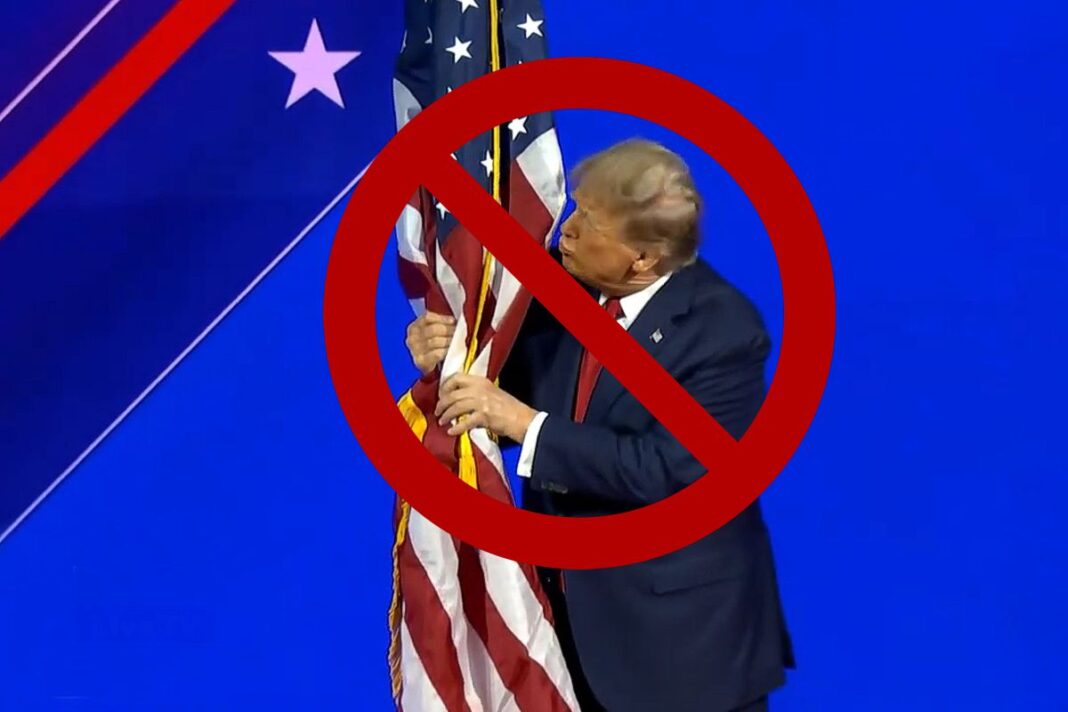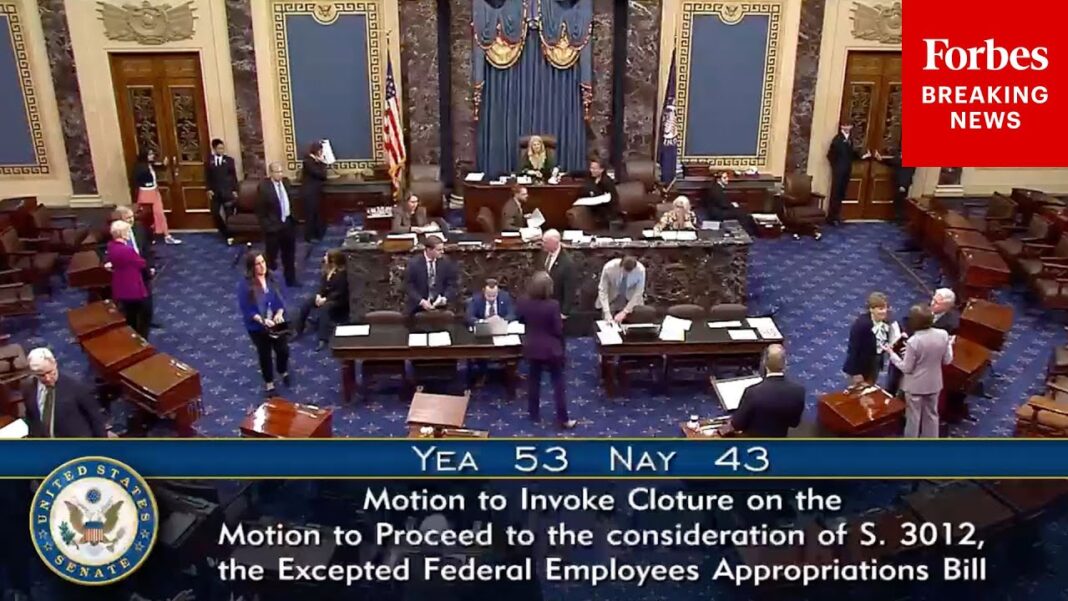There is a strange luxury that has settled over large portions of the American population, a softness that disguises itself as righteous anger. It grows louder by the day. It feeds on outrage, inflates minor inconveniences into national emergencies, and convinces otherwise intelligent people that they are living under a tyrannical regime. In truth, what many Americans call oppression is nothing more than slight discomfort. What they call crisis is usually inconvenience. They have mistaken the safety of abundance for the danger of hardship. When a passport offers only male and female as sex options, entire groups behave as if a government agent has stormed their living room. They speak of human rights violations while sitting comfortably in air conditioning and tweeting from a thousand dollar phone made in a country where dissent can be a death sentence.
As someone who has lived overseas, I have seen firsthand what actual tyranny looks like. I have watched people walk with their eyes down because looking in the wrong direction at the wrong time could be interpreted as defiance. I have seen families scrape together food with a level of desperation that most Americans cannot even imagine. Real poverty does not mean missing a latte. It does not mean living in a small apartment instead of a spacious one. It does not mean being called by your biological pronoun. Real poverty crushes the soul. Real tyranny follows you everywhere, into every aspect of your very existence, even into your sleep.
In America, the closest many people have ever come to hardship is seeing low income rather than no income. Even our homeless population, which certainly struggles, often has access to resources that many countries would consider unimaginable privileges. Phones, shelters, public facilities, volunteer groups, legal advocates, recovery centers, and endless programs exist to pull people up. Many homeless individuals do not use these services because they want the freedom to pursue addiction, avoid rules, or wander on their own terms. Having that choice alone tells the story. In most of the world there is no choice at all.
This disconnect from reality is why the disdain for America has grown to such a fever pitch. When life has protected you from the harsh edges of the world, you begin to invent problems to fill the void. You begin to believe that difficulty is cruelty. You begin to think that you are one identity category away from being persecuted. Modern American outrage is often a performance of suffering, not the real thing.
More and more Americans are not just criticizing their country, they are openly wishing for its collapse simply because they dislike the person who happens to be president. It appears that political hatred has infected people so deeply that they cannot separate their opinion of a single individual from the fate of an entire nation. It is the emotional equivalent of boarding an airplane, recognizing the pilot as someone you despise, and hoping the plane crashes so you can say you were right about the pilot. The absurdity of that mindset speaks for itself. Wishing for national failure so you can blame a political enemy is not principled dissent. It is self destructive fantasy. If your desire to see your country fail outweighs your desire to see it thrive, the problem is not the president. The problem is you.
Once this spoiled outlook took root, another phenomenon grew from it. Hating America became profitable. A business model was born. There is now an entire industry built around telling Americans how terrible their country is. Shirts, signs, stickers, masks, gear, flags, and costumes fill online shops and street stands. If there is a way to monetize resentment, someone is already doing it. Protest movements have merch tables. Anti-capitalist groups charge admission to their training sessions. Influencers who rail against corporations collect sponsorships from the very companies they claim to despise. The irony could not be thicker. People chant about the evils of capitalism while scanning Apple Pay to buy their own slogans.
It does not stop with consumer goods. Media outlets discovered long ago that outrage sells faster than truth. Politicians realized that fear motivates voters better than hope. Hollywood adopted activism as a marketing tool because controversy attracts attention and attention drives revenue. Entire organizations now exist solely to magnify grievances that would collapse under the weight of simple context. These groups depend on anger to survive, which is why they cannot let it fade. They cannot allow problems to be solved. They need America to be seen as broken, hateful, and collapsing. The moment the public stops believing that narrative, their influence disappears.
Meanwhile, the rest of the world watches. Millions risk their lives to reach American shores, while American citizens march through the streets declaring that this nation is a cesspool of bigotry. Refugees flee real tyranny with tears in their eyes, grateful just to step onto a plot of land where they can finally breathe freely. They know what oppression is. They have lived it. Yet they see American activists screaming about injustices that would be considered blessings anywhere else.
None of this means Americans cannot criticize their country. Freedom of speech is one of our greatest protections. People have the right to call their government wrong, corrupt, mismanaged, or misguided. They can peacefully protest, they can insult the president, and shout at the top of their lungs without being dragged into a basement and never seen again. That freedom is sacred. It is also precisely what makes the anti-American movement so bizarre. Where else on earth can someone publicly denounce their nation without fear while insisting they live in a dictatorship?
If someone hates America so much that every breath they take on this soil feels like an act of resistance, perhaps they should consider moving to one of the utopias they claim to admire. Nothing is stopping them except the reality they refuse to acknowledge. Most countries would not let them in. They do not want unskilled, angry, chronically outraged individuals with no intention of assimilating. Wealthy celebrities can buy homes overseas, but the average person cannot. They would discover very quickly that the nations they romanticize have strict borders, strict expectations, and strict cultures. They would discover that these nations are nothing like the fantasy versions they share on social media.
There is a final irony in all this. The loudest critics of America are often the ones who have benefited most from the freedom, stability, and opportunity that this country provides. They live in a place where they can insult their own nation without punishment, which is often why they feel embolden to do so. They enjoy a standard of living that much of the world would consider miraculous. They have access to rights and protections that millions risk their lives to obtain. Yet they scream that America is evil while standing safely on ground that people from around the globe are desperate to reach.
If America were truly as awful as they portray it, the world would not be fighting to get in. The border would not be overwhelmed. The oceans would not carry desperate travelers to our coasts. The American dream would not remain the most powerful aspiration on the planet.
The truth is simple. America is not perfect. No nation is. But the hatred being sold today is not born from reality. It is born from inexperience, entitlement, and the profitable machinery of outrage. The people who hate this country the most often understand it the least. Their anger is a luxury the rest of the world cannot afford.
America remains the land where freedom is real, opportunity is real, and hope is real. Those who cannot see that are welcome to test their theories elsewhere. The rest of us will continue building a nation that millions of people around the globe dream of calling home.








